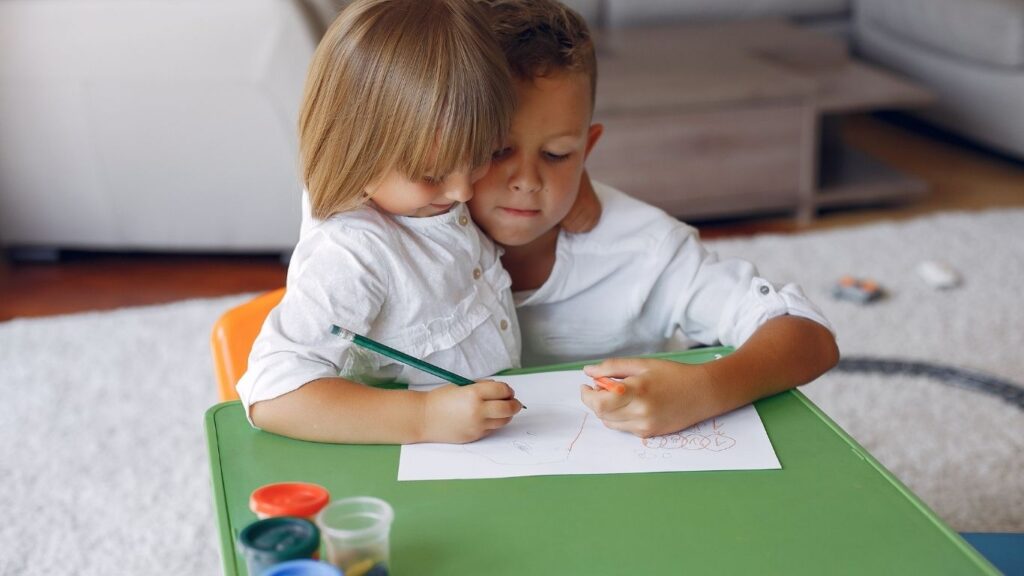In today’s world, where education often focuses on test results and academic achievements, it is easy to forget the fundamental role that play plays in children’s learning process. However, numerous scientific studies confirm that play is not only a natural way for young children to explore the world, but also a crucial element of their holistic development.

Play as the Foundation of Cognitive Development
Play plays a vital role in shaping cognitive skills in children. Through exploration, experimentation, and problem-solving during play, children develop critical thinking and mental flexibility. Research shows that engaging in diverse forms of play fosters the creation of new neural connections in the brain, which translates into improved cognitive abilities and memory.
Social and Emotional Development through Play Interactions
Interactions with peers during play teach children empathy, cooperation, and communication. Shared activities, such as role-playing or team games, allow for the development of social and emotional skills essential for adult life. Children learn to negotiate, resolve conflicts, and express their emotions in a safe environment.
Creativity and Imagination as an Outcome of Free Play
Unstructured, free play creates space for children to develop creativity and imagination. Creating their own play scenarios, building with blocks, or drawing are activities that stimulate creative thinking. Studies indicate that children who regularly engage in imaginative play demonstrate greater problem-solving abilities and innovative thinking.
The Importance of Play in Formal Education
Incorporating elements of play into the formal education process can significantly increase students’ motivation and engagement. Teachers who introduce play-based activities into their lessons observe improved academic performance and better well-being among students. Play in the classroom also promotes better knowledge retention and the development of critical thinking skills.
The Role of Parents and Teachers in Promoting Learning through Play
Parents and teachers play a crucial role in creating an environment conducive to learning through play. Providing children with time and space for free play, as well as participating in their activities, strengthens family bonds and supports emotional development. Shared activities, such as board games or collaborative art projects, can also help develop social and cognitive skills.
Parents and teachers play a crucial role in creating an environment that fosters learning through play. If you want to support your child’s creativity and imagination, check out our educational coloring books that combine learning with fun.
📌Source:
- Learning Through Play (LEGO Foundation),
- Learning Through Play – Child Development (LEGO Foundation)
- COS Australia – Learning Through Play
- The Hechinger Report
- The Sun (UK)
- Image by freepik
The content published on the website www.timbiu.com is provided for informational and educational purposes only. It is based on carefully selected sources, including industry publications, educational materials, and publicly available data. We strive to ensure that the information presented is accurate and up-to-date at the time of publication. However, www.timbiu.com cannot be held responsible for any errors, omissions, or inaccuracies in the content, nor for any consequences resulting from its use. Users are encouraged to verify the information independently or consult with relevant professionals before acting upon it.
